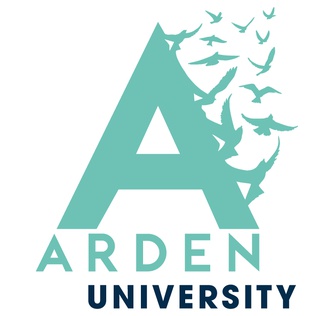📖Program Curriculum
DESCRIPTION OF COURSEWORK
The coursework component is designed as an introductory module in Bioethics and Health Law and aims to enable the achievement of outcomes related to the acquisition of the necessary knowledge, attitudes, and academic skills development of students as bioethicists generally.
The coursework component consists of five courses:
Introduction to Bioethics
Introduction to Health Law
Practical and Applied Health Ethics
Ethics in Research
Research Methods
Class attendance is compulsory.
After the teaching blocks have been completed, students are expected to produce written work in the form of short answer question (SAQ) exams and/or essays of 3 500 words for each course.
BRIEF DESCRIPTION OF THE COURSES
Introduction to Bioethics
The Introduction to Bioethics block is designed to enable students to analyse and evaluate issues in bioethics within the context of a solid ethical framework. Major theoretical, non-theoretical, and other ways of viewing the world will be taught. The course intends to provide a foundational understanding of the relationship between concepts, logic & argumentation, and fallacies of reasoning that may then be applied across all other units as well as in daily life.
Introduction to Health Law
The Introduction to Health Law block covers sources of South African Law, the Constitution, statutory and common law in the context of health. Criminal, civil and family law and their interaction with health will be explored. The National Health Act will be discussed as well as the amendments to the Medicines Control Act. International law in relation to health is included in this unit. Specific issues such as medical malpractice, tort laws, legal aspects of relevant health law, and topics such as informed consent, confidentiality, and privacy will be addressed. This unit aims to provide a solid legal grounding for decision-making in the area of health law.
Practical and Applied Health Ethics
The Practical and Applied Health Ethics block addresses a number of important issues in bioethics and health law critically and in-depth. Four to five important issues will be focused on each relating to ethical and medico-legal issues in clinical contexts, reproductive health, policy and public health, resource allocation, genetics, health, and human rights, environmental bioethics, and others. Students will learn how to apply the ethical theories, ethical and legal principles, and their critical and analytical skills learnt in the foundations' units to specific ethical and medico-legal questions.
Ethics in Research
The Ethics in Research block explains in depth a number of topical ethical issues in research ethics, including what constitutes unethical research, standards of care in a study, authorship guidelines, and plagiarism. The role and modus operandi of Research Ethics Committees are outlined. Finally, clearly articulated standards of good clinical practice in research relevant to local realities and contexts are provided. These include obtaining valid informed consent considering specific subgroups, standards of care for trial participants, access to study medications following completion of a clinical trial, issues pertaining to incentives affecting researchers and participants, releasing and publishing research results, and the implementation of research findings.
Research Methods
This course will provide students with rigorous training in independently designing, implementing, and evaluating research of a normative nature. Students will be trained in every part of the research cycle (question formulation; literature review; use of secondary sources; primary and secondary argumentation; ethical and legal analysis), including the writing of a research essay. In terms of values and attitudes, the course aims to instill in students a commitment to ethical research. The course will prepare them to produce a research proposal suitable to their project, and ultimately a research essay.
BRIEF DESCRIPTION OF THE RESEARCH ESSAY
The Research Essay module is intended to assist students to implement the principles and methods of research in Bioethics and Health Law and to enable them to develop competence as independent researchers in Bioethics and Health Law, by training them in independently producing a research essay. It will cover research projects of an essentially normative and legal nature.
The course will prepare them to produce a 8000-word research essay, under the supervision of Centre staff.
Show less







